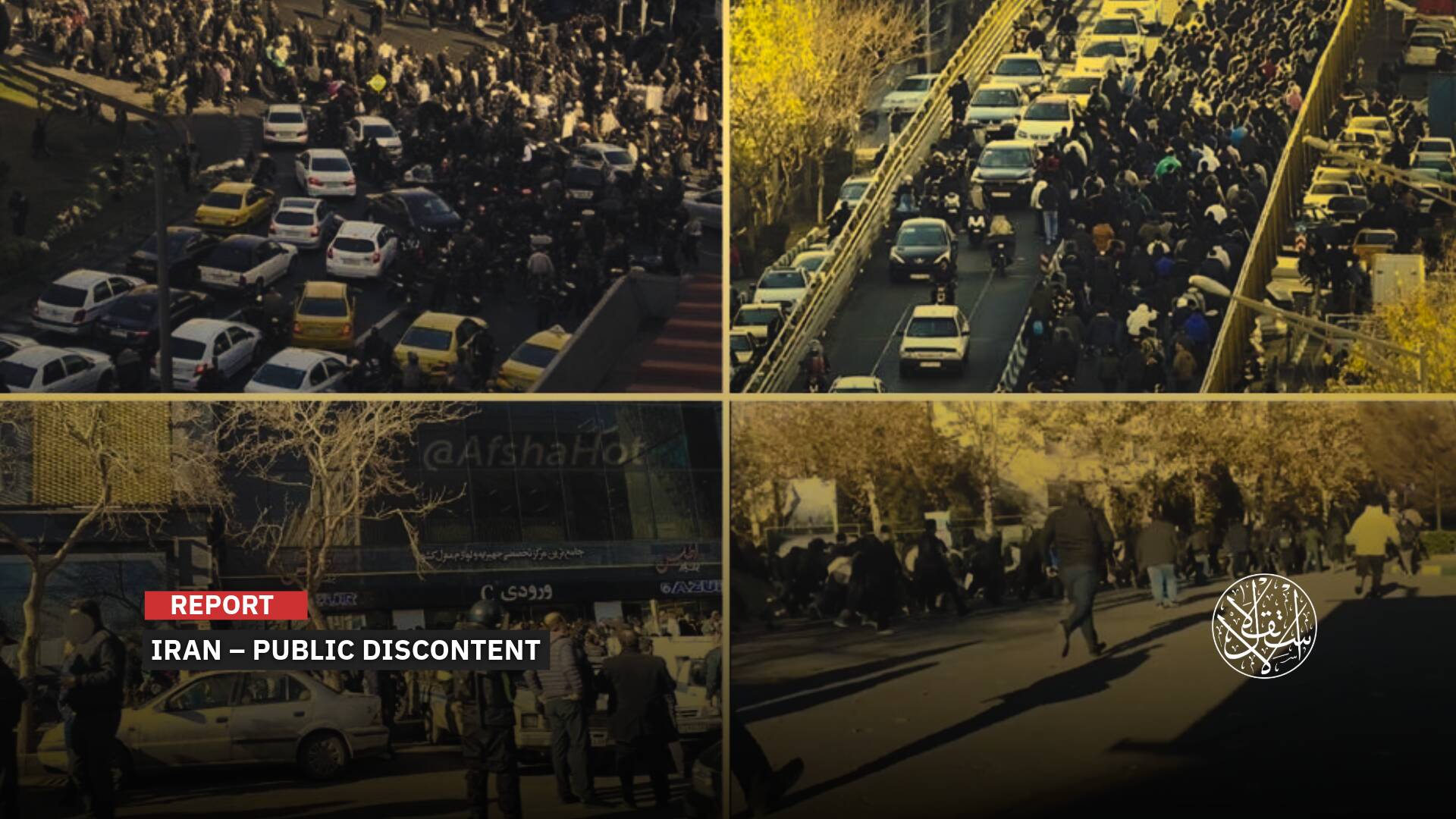Half Ukrainian Refugees Into the European Labor Market: How Could It Affect Other Migrants?

The European Central Bank revealed that half of the Ukrainian refugees are eligible to join the labor market in the eurozone. More than 1.5 million Ukrainian refugees arriving in Europe can effectively join the Marker in the coming years.
The report emphasized that the working-age refugees who moved to Europe after Russia's invasion of Ukraine could have a "mid-term labor market participation rate of between 25 and 55 percent" based on previous refugee data.
According to the United Nations High Commissioner for Refugees, 8.3 million refugees are expected to leave Ukraine by the end of the year, many of whom will head to the 19-nation eurozone.
In Austria for instance, over 40,000 Ukrainian refugees are staying with their children. They can live and work with a temporary residence permit.
The Ukrainian refugee Natalia said to Euronews: "I really like the work here, we signed a contract until September, then I will look at how the situation develops in Ukraine."
Gradual Increase
The European Central Bank noted that the first waves of Ukrainian refugees consisted of the elderly, children, and women of working age because of the ban to leave Ukraine that was imposed on men between the ages of 18 and 60.
The arrival of Ukrainian refugees will lead to a "gradual increase" in the size of the labor force in the eurozone, growing by 0.2 to 0.8 percent.
The presidency of the European Union seeks to organize a summit for the reconstruction of Ukraine
The ECB's top estimate, set at 55%, was based on labor market participation rates for women who immigrated to the eurozone from outside the European Union.
The report noted that the arrival of refugees may relieve a little of the perceived stress in the eurozone labor market, at a time when unemployment was at an all-time low.
The European Central Bank is keeping a close eye on the relative labor force shortage, with the eurozone facing record inflation.
Consumer prices rose 8.1 percent in May among euro club members, well above the central bank's 2 percent target.
Bank President Christine Lagarde said after the last policy meeting on June 9 that wage growth in the eurozone was "starting to pick up".
Ukrainians First
Many believe that the arrival of Ukrainian refugees will gradually increase the size of the eurozone workforce.
In an interview with Al-Estiklal, Soumia Rahali, researcher in economics at Istanbul Sabahtin Zaim University, said: “The integration of Ukrainian refugees into the labor market in Europe would contribute to alleviating the significant labor shortage that Europe is facing.”
He added: “However, it must be clarified that giving priority to Ukrainians at the expense of immigrants from other countries who came according to strategic programs and policies aimed at strengthening the European market with a certain type of workers commensurate with the market needs would create problems in the future. It may be counterproductive. Especially if we take into account that the categories that were allowed to enter the European Union, in the beginning, are women, children, and the elderly.”
The European Commission has launched a platform to make access to the labor market easy for Ukrainian refugees.
It is expected that the platform would be effectively working by summer. This is what was proved by a pilot initiative launched on Wednesday (April 27) by the European Commission.
The shared platform facilitating labor market access for Ukrainian refugees aims to enable European employers to tap into their skills and talents.
Eastern Countries
Central and Eastern European countries take in millions of Ukrainian refugees fleeing the Russian war viewing them as a potential skilled labor force, but analysts warn it will be difficult to integrate them all.
Romania, Hungary, Moldova, and Bulgaria are countries that, since the end of the communist era in 1989, have been accustomed to the departure of their population instead of receiving newcomers.
Even if labor shortages, combined with the strong growth of some of these countries, have already required in recent years to bring many Ukrainian workers to construction sites or assembly lines, the numbers they have been facing since the start of the Russian war pose a challenge to them.
Other experts question the ability of Eastern Europe, which has a lower GDP than its Western counterparts, to bear the burden of such an influx of migrants. Recognizing the burden, some countries have called for more aid.
However, other countries where large numbers of refugees decide to stay, such as Poland, may become overburdened because many of the refugees are children and elderly and therefore unable to work.
"How are these large numbers going to be integrated across Europe? There will be a problem," Brad Blitz of University College London told AFP. He saw that the "explosion point" had not yet come.
And Moldavia, located between Ukraine and Romania, with a population of 2.6 million, has requested urgent assistance for nearly 100,000 refugees.
Selective and Discriminative
While many European countries are considering offering jobs to Ukrainian refugees, in a report on SchengenVisaInfo.com analysts warned that it will be challenging to integrate them all into the labor market.
Some analysts have called on the Eastern European countries, which have a lower GDP compared to other western counterparts, to open their doors to a larger number of Ukrainian refugees because they can manage a huge influx.
The Prime Minister of Bulgaria, Kiril Petkov, said that Ukrainian refugees are “intelligent, educated…highly qualified.”
“These are people who are Europeans, so we and all other countries are ready to accept them,” Petkov pointed out.
The VOA report indicated that the association of Bulgarian employers’ organization addressed a letter to the government of Bulgaria stressing that they could employ over 200,000 Ukrainians.
At the same time, authorities in Hungary have also welcomed refugees from Ukraine.
“We are able to spot the difference: Who is a migrant, they are coming from the south…and who is a refugee,” Hungary’s Prime Minister Viktor Orban has stressed.
This kind of selective treatment along with the priority given to Ukrainian refugees may be challenging and discriminative for other qualified migrants in a competitive marketplace.













